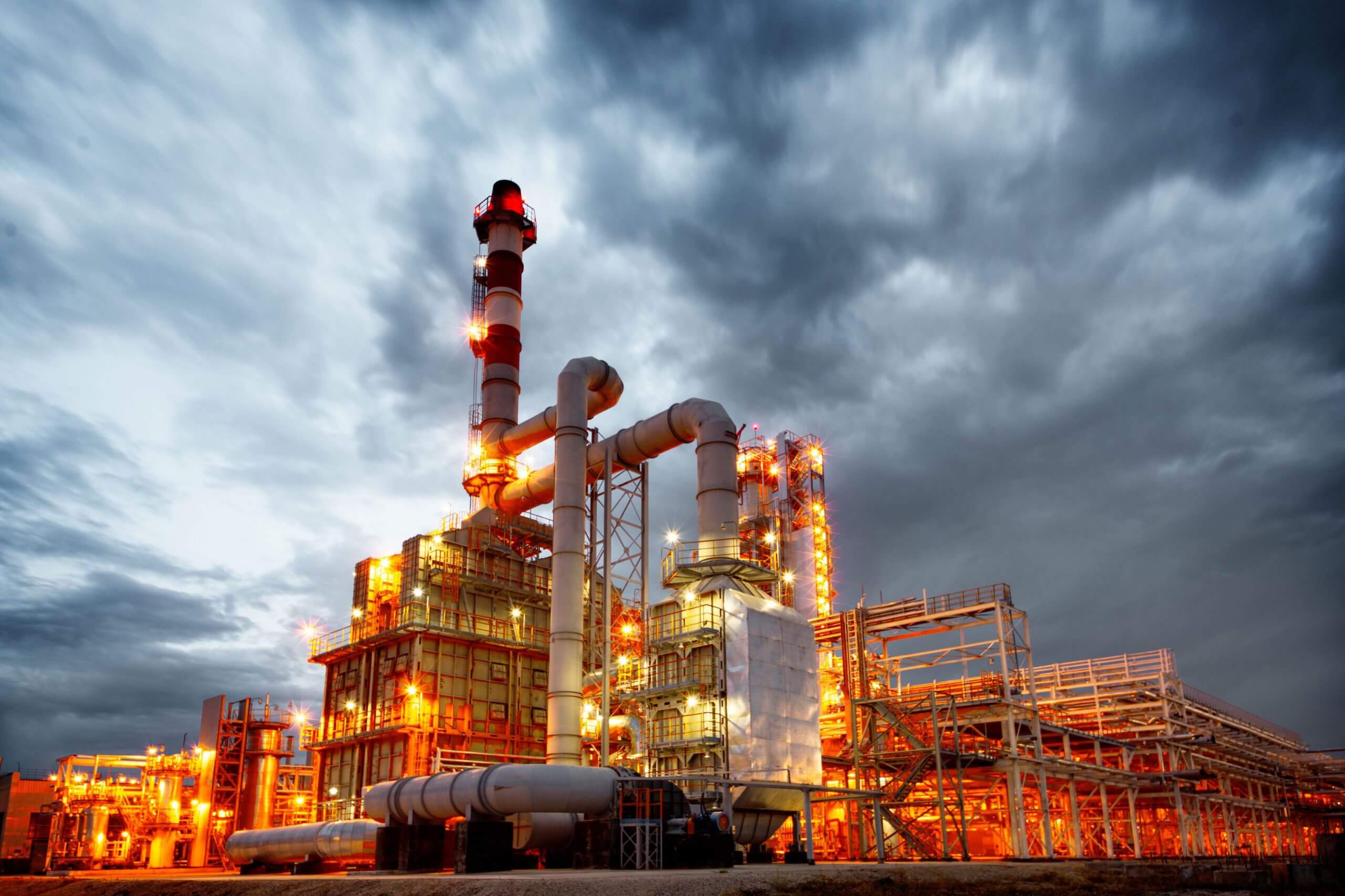The global energy landscape is undergoing a transformation, driven by increasing energy consumption and evolving market dynamics. As demand for refined petroleum products continues to surge, refineries find themselves at the crossroads of opportunity and challenge. The solution? Strategic refinery expansion to accommodate rising crude oil processing requirements.
Crude Reality: Navigating Growing Demand
The demand for crude oil and its derivatives remains unwavering. As economies grow and industries advance, the need for fuel, chemicals, and petrochemicals expands. This puts immense pressure on refineries to optimize their operations and scale up to meet the increasing crude oil processing demands.
Catalysts for Expansion
1. Market Analysis: Rigorous analysis of market trends, demand projections, and regional dynamics is the first step in determining the need for expansion. A data-driven approach ensures informed decision-making.
2. Technological Advancements: Incorporating cutting-edge technologies can enhance processing efficiency, boost yields, and minimize environmental impact, making expansions more sustainable and cost-effective.
3. Regulatory Compliance: Refineries must align with evolving environmental regulations. Expansion offers an opportunity to integrate cleaner technologies, reducing emissions and improving environmental performance.
4. Strategic Partnerships: Collaborations with engineering firms, suppliers, and technology providers can facilitate seamless expansion, from design and construction to commissioning.
5. Energy Integration: Exploring energy integration through cogeneration and heat recovery can optimize resource utilization, reduce energy costs, and enhance overall efficiency.
Challenges and Solutions
1. Capital Investment: Expansions require significant investments. Strategic financial planning and access to funding sources are vital.
2. Project Management: Complexities in coordinating various aspects of expansion demand robust project management to ensure timely execution.
3. Talent Acquisition: A skilled workforce is essential. Collaborate with educational institutions and offer training programs to build a competent team.
4. Sustainability: Expansion should align with sustainability goals. Implement eco-friendly technologies and practices to minimize environmental impact.
5. Operational Continuity: Minimize disruptions during expansion to ensure ongoing product supply. Phased approaches can help maintain operational continuity.
Conclusion
Refinery expansion is not just about increasing capacity; it’s about future-proofing operations, staying competitive, and contributing to energy security. By responding to surging crude oil processing requirements with well-planned expansions, refineries can not only meet market demand but also elevate their efficiency, sustainability, and market presence. Through collaboration, innovation, and strategic vision, the path of refinery expansion leads toward a future that balances energy needs with environmental responsibility, ultimately benefiting both industry and society.
